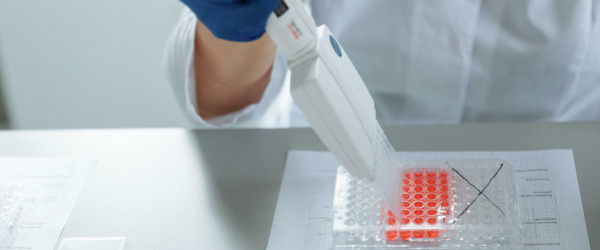By the PMAM Planning Committee
Receiving a cancer diagnosis can feel like a rollercoaster ride, and it’s natural to have a million questions swirling in your mind. One of the most important ones is whether genomic testing could help inform your treatment. Here’s a quick guide on when to bring it up with your oncologist.
What Is Genomic Testing?
Genomic testing looks at the specific genetic changes in your tumor. Think of it as a personalized map that helps pinpoint the best treatment options for your unique cancer type.
When Should You Ask?
- At Diagnosis: Right when you receive your diagnosis, ask your oncologist if genomic testing is appropriate for your cancer. Some types, like lung or breast cancer, often benefit from it.
- If Current Treatment Isn't Working: If your treatment isn’t yielding the results you hoped for, it’s a good time to discuss genomic testing. Understanding your tumor’s genetics can help find alternative therapies that might be more effective.
- Considering Clinical Trials: If you’re interested in clinical trials, genomic testing can help match you with studies targeting specific mutations in your cancer.
- Family History of Cancer: If there’s a history of cancer in your family, talk about how genomic testing can provide insights not just for you but also for your relatives regarding their risks.
- Whenever You Have Questions: If you’re ever curious or uncertain about your treatment options, don’t hesitate to ask your oncologist about genomic testing. It’s your treatment journey, and you deserve to have all the information.
Key Questions to Ask
- Is genomic testing suitable for my type of cancer?
- What insights could it provide?
- How would the results affect my treatment plan?
- Are there any clinical trials I could join based on my genetic profile?
- What does the testing process involve, and when will I receive results?
Genomic testing can be a powerful tool in your cancer care. By knowing when to ask your oncologist about it, you can take an active role in your treatment journey. Don’t be afraid to speak up; you’re the one steering this ship!







